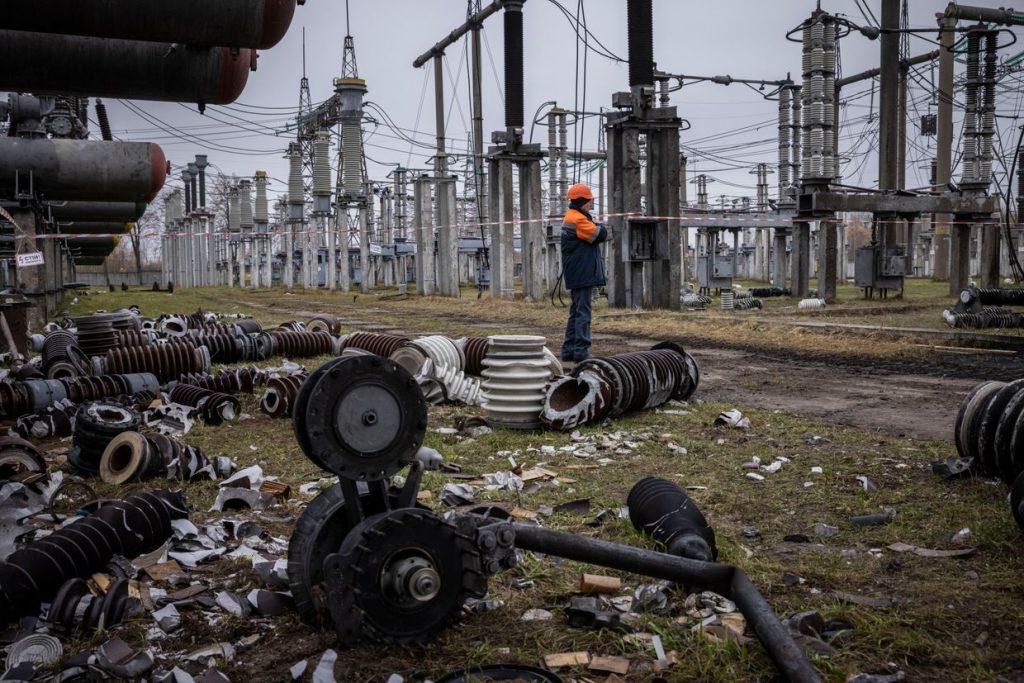Russia launched a new wave of missile and drone attacks against Ukraine between March 21-25, targeting critical infrastructure such as the country’s power grid. These attacks were described as heavier than ever before, with some 190 incidents reported during this period. The goal of these attacks appears to be to disrupt Ukraine’s energy supply and cause chaos within the country.
The attacks on Ukraine’s power grid come as part of Russia’s ongoing military aggression in the region, which began with the annexation of Crimea in 2014. Russia has used a combination of conventional forces, cyberattacks, and disinformation campaigns to destabilize Ukraine and assert its influence in the region. The targeting of critical infrastructure such as the power grid is a strategic move to weaken Ukraine’s ability to defend itself and maintain stability.
The impact of these attacks on Ukraine’s power grid has the potential to be devastating for the country’s population. Without access to electricity, essential services such as hospitals, water treatment plants, and communication networks could be severely affected. The disruption of the power grid could also lead to economic losses and further exacerbate the humanitarian crisis in the region, already strained by years of conflict.
The international community has condemned Russia’s actions and called for an immediate cessation of hostilities. The United States and European Union have imposed sanctions on Russia in response to its aggression in Ukraine, but it remains to be seen whether these measures will be enough to deter further attacks. Ukraine’s ability to defend against Russia’s military assaults and protect its critical infrastructure remains a significant concern for the international community.
In response to the attacks on its power grid, Ukraine has vowed to strengthen its defenses and work with international partners to mitigate the impact of Russia’s aggression. The Ukrainian government has called for increased support from the US and EU to help protect the country’s critical infrastructure and counter Russian aggression. The conflict between Russia and Ukraine continues to escalate, raising fears of a wider regional conflict and highlighting the ongoing security challenges in Eastern Europe.
As the situation in Ukraine remains tense, it is essential for the international community to continue to monitor and respond to Russia’s military aggression in the region. The targeting of critical infrastructure, such as the power grid, demonstrates the serious implications of this conflict for both Ukraine and the broader region. A coordinated response from the US, EU, and other international partners is needed to address the security challenges posed by Russia’s actions and support Ukraine in defending its sovereignty and territorial integrity.


